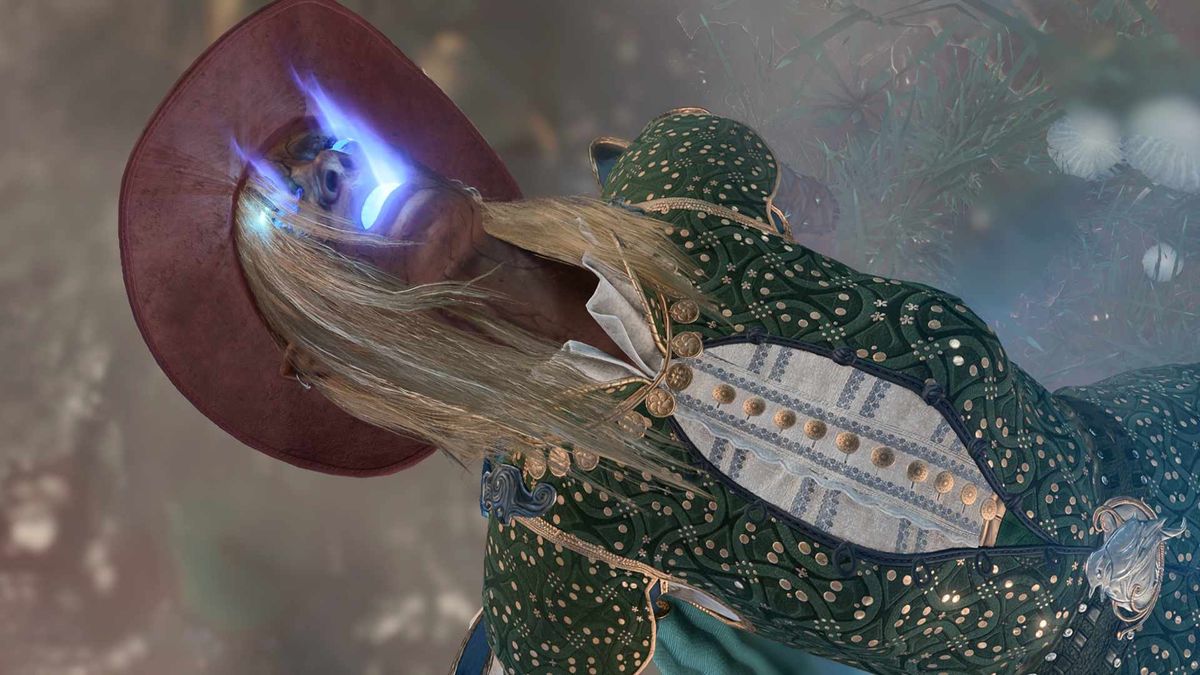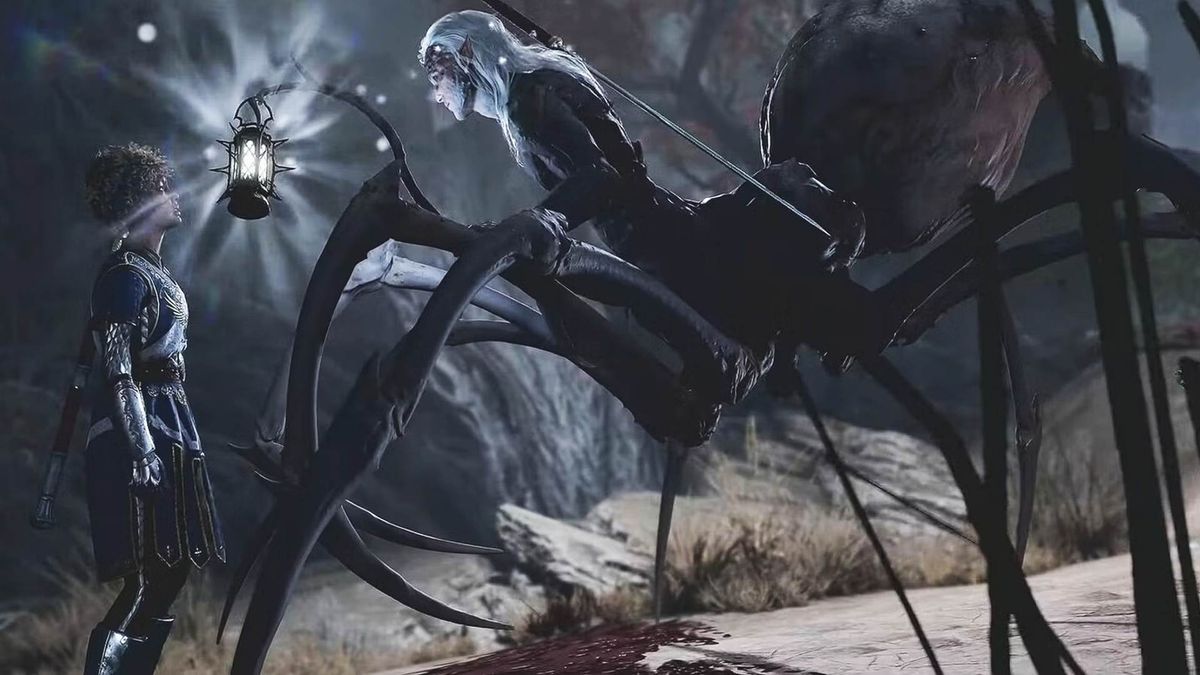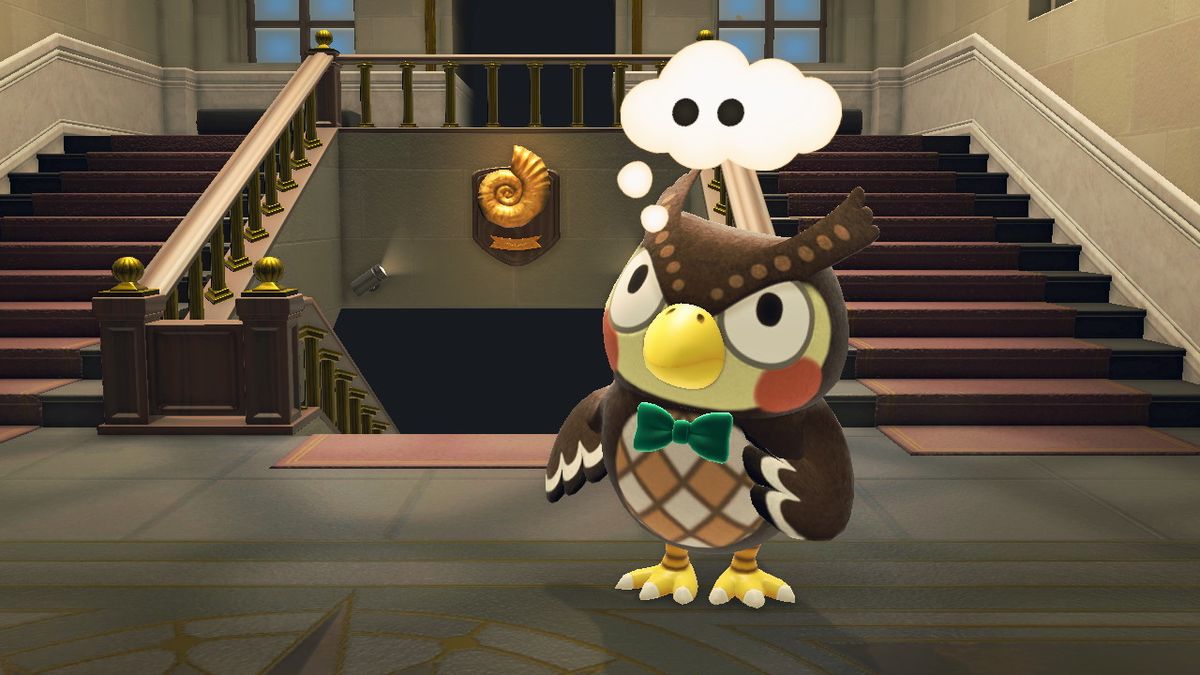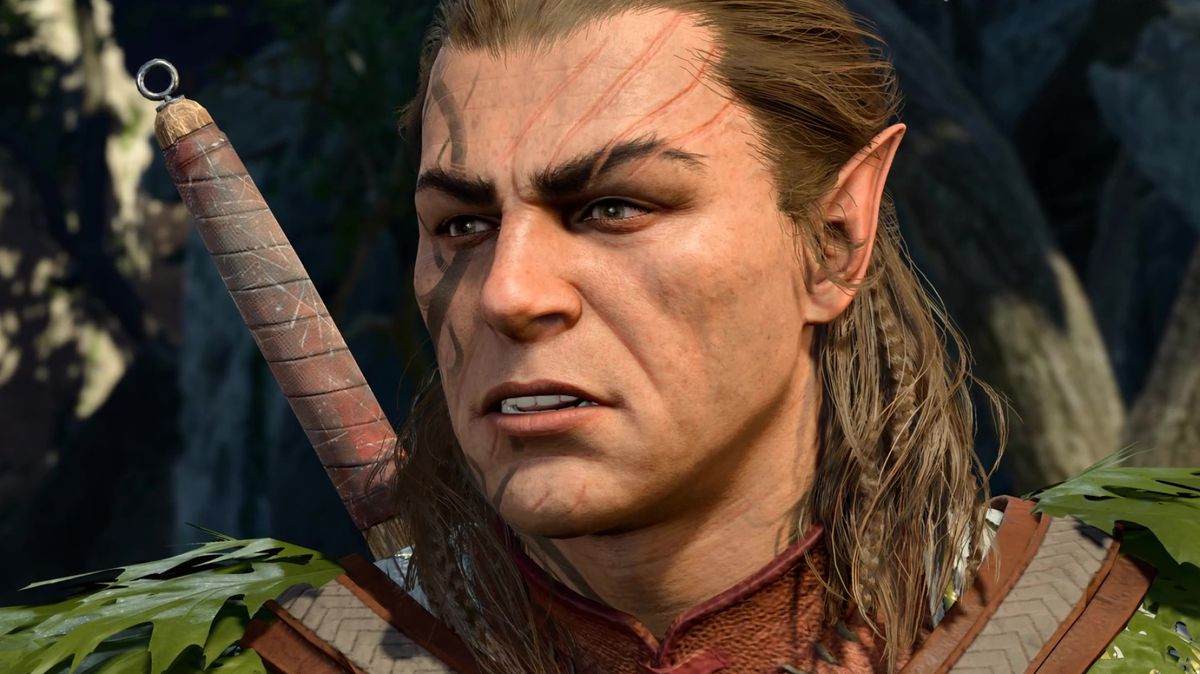When PlayStation Studios agreed to partner with Kojima Productions for its ambitiously esoteric supernatural hiking simulator, I doubt that it did so thinking that Death Stranding would ever compete with the sales generated by studios like Insomniac, Naughty Dog, and Sony Santa Monica. Instead, Sony knew it would get something arguably just as important, albeit far less tangible, than cash flow in return: conversation. Constant, unyielding conversation driven by unsubstantiated speculation. Microsoft has undoubtedly made that same consideration here, as it announces a truly unprecedented partnership between Xbox Game Studios and Kojima Productions.
But what’s the value in conversation, anyway? Regardless of what you think of his games, Hideo Kojima has always had the ability to generate discussion. Maybe not to the wider public, who care not about the inner machinations of the video game industry, but definitely to those who operate or otherwise live a part of their lives within it. I don’t know how much you remember of the run-up to Death Stranding’s release, but it had this genuinely astounding capacity to create conversation.
The speculation game was arguably as much fun as the final product. That’s a result of Kojima being able to tweet a picture of what he’s eating for breakfast – a film he watched the night before, some album that he’s enjoying, or celebrity he’s hanging out with – and it subsequently generate hours of discussion on social media. “What might this mean for Death Stranding?” the people would scream. And more often than not, the answer was nothing at all.
The Stranding Effect

And think about that from Microsoft’s perspective. Throughout the development of Death Stranding, Xbox was trying to get its reputation back on track. It was trying to kickstart Xbox Game Pass. It was trying to launch a brand new console that could win back some market share after some dismal Xbox One years. And all PlayStation had to do was coax Kojima into saying something, anything at all, about Death Stranding, no matter how innocuous, and it would divert attention from whatever else was happening in the industry. The Kojima Productions collaboration with Xbox Game Studios doesn’t just guarantee a desirable exclusive for Xbox, but a Sabre Phil Spencer can wield at will once Sony starts gearing up to market the mass of upcoming PS5 games scheduled from 2023 and beyond.
Microsoft Gaming paid $7 billion to bring ZeniMax Media under the Xbox Game Studios wing. That spend brings platform exclusivity over new upcoming Xbox Series X games like Bethesda’s Starfield and Arkane’s Redfall – titles that are undoubtedly desirable to existing PS5 owners, and those still on the fence about joining the ecosystem in the future. Blockbusters generate attention and, given that Starfield is being openly touted as Skyrim in space, Bethesda’s new sci-fi adventure has huge mainstream potential. That’s what seven billion dollars buys you, but it doesn’t guarantee constant conversation from the most dedicated game players occupying every corner of the internet. That’s the Kojima effect.

I used the word “unprecedented” to describe this new partnership before. Hyperbolic, yes, but I think it is fair to use in this context. While studio head Hideo Kojima has shipped games on other platforms in the past, I’ve always considered him to be permanently on the periphery of the PlayStation brand. Metal Gear Solid through Guns of the Patriots were all launched (and lauded) as PlayStation exclusives, and the same is true of P.T. and Death Stranding. That Microsoft has been able to entice Kojima Productions away from any kind of PS5 exclusivity is genuinely a little difficult to believe.
Not because I think Hideo Kojima cares all that much about brand loyalty, necessarily – at this stage of his career, managing an independent studio, Kojima is a business leader first and a creative second. But because Kojima Productions invested heavily into Death Stranding and, subsequently, PlayStation. The game is built on the back of the Decima Engine, which is proprietary technology PlayStation Studios’ Guerrilla Games engineered to support Horizon Zero Dawn and Horizon Forbidden West. Kojima Productions would have had to orient its engineers, and the state-of-the-art motion capture and photogrammetry technology the studio used to produce such a visually striking game, around this engine – that investment and expertise is surely difficult to walk away from.
Head in the clouds

When rumors first surfaced around Overdose – the reported codename for Kojima Productions’ Xbox exclusive, a horror game starring Death Stranding actress Margaret Qualley – I thought it unlikely. If only because Kojima Productions was so deeply entwined with the Decima Engine, and with the support provided by the wider PlayStation Studios network. Working on something new for Xbox would, in some respects, necessitate going back to square one. And then there are the reports surrounding development of Death Stranding 2; listen, Kojima Productions isn’t a small studio by any stretch of the imagination, but it is still an independent outfit – the thought that it could support production of two AAA experiences simultaneously seemed a little wild.
I’m happy to be wrong, of course. Kojima Productions is in early development of its Xbox exclusive, so it’ll likely be some time before we hear any concrete details – let alone see any results. But the speculation game begins today. Xbox Game Studios has already drawn a line in the sand, setting impossibly high expectations from the first opportunity it could. A press release notes that Kojima Productions will leverage “the power of the cloud” to “create a video game for Xbox like no one has ever experienced or seen before”.
Critically, we know so very little about Microsoft Gaming’s plan for the cloud. The company has made moves around building Cloud-native Xbox games, and even hired in Portal creator and former Google Stadia design director Kim Swift in to lead the initiative. In theory, cloud-native games could deliver wholly unique experiences – as traditional hardware limitations and development hurdles are circumvented entirely – though it’s largely untested. Perhaps Kojima can succeed where so many at Stadia failed. Of the project, Kojima says: “It’s a completely new game that no one has ever experienced or seen before… I’ve waited very long for the day when I could finally start to create it.”
As a statement, it means nothing – and yet it means everything. Let the games begin.
Here’s everything announced at the Xbox and Bethesda Games Showcase, from the first gameplay of Starfield to the reveal of Forza Motorsport.
 Games News games, movies and TV you love.
Games News games, movies and TV you love.



